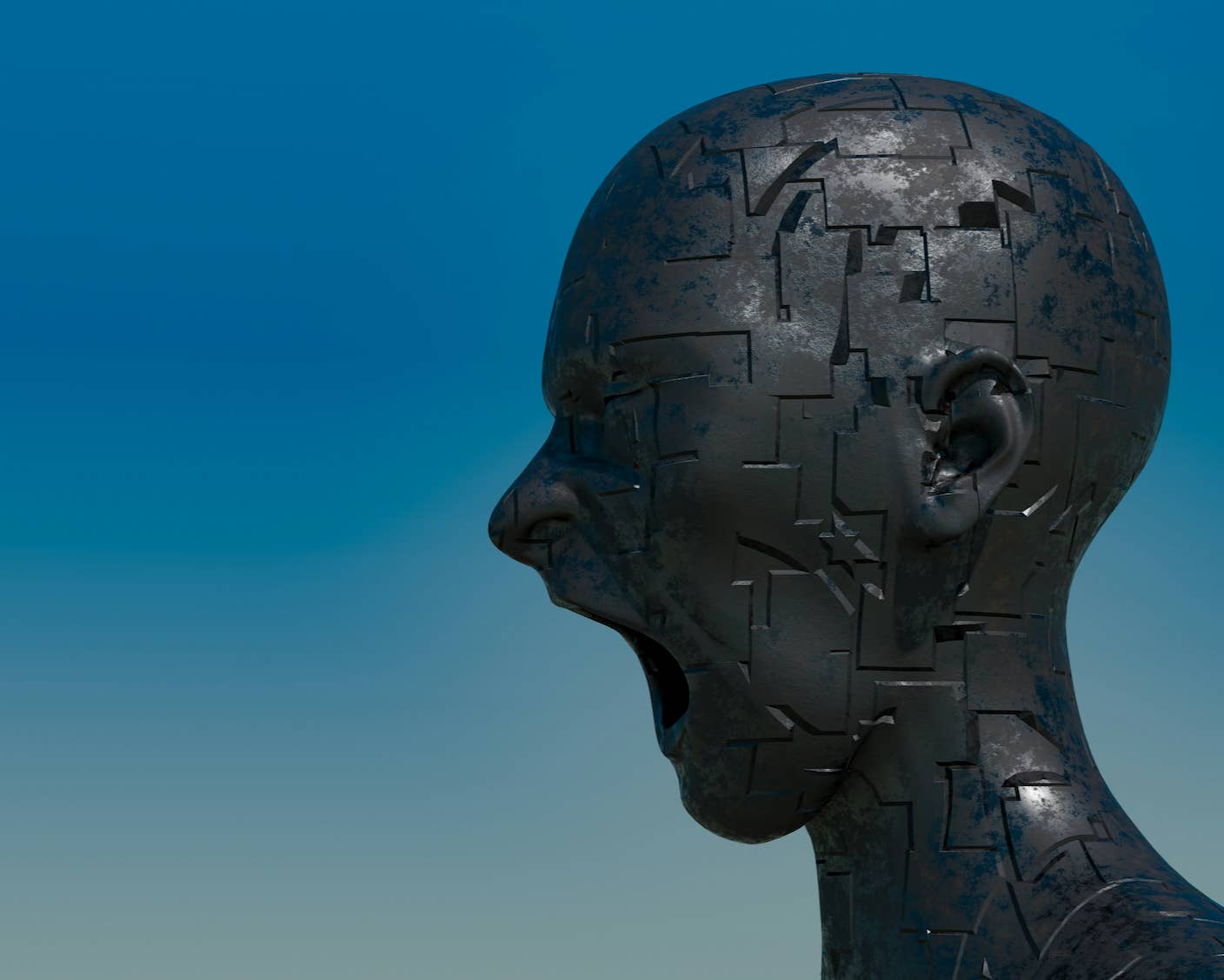In the Future, Ownerless Companies Will Live on the Blockchain

Share
Among niche groups of computer scientists, the buzz surrounding blockchain has reached levels normally designated for Elon Musk. The technology is in its early and technically complicated stage of development, but experts say it’s poised to transform global commerce. Thanks in part to the widely publicized Bitcoin, a cryptocurrency built on its platform, the blockchain is creeping out of computer science obscurity into public awareness.
If you’re not yet familiar with it, you will be.
Blockchain has been called “the most disruptive thing I’ve seen in my career” by Salim Ismail, former head of Yahoo’s Brickhouse incubator, and a platform whose “consequences are hard to overstate” by Marc Andreessen, the elite Silicon Valley venture capitalist.
At its core, the blockchain is powerful for one reason: It solves the problem of proving that when someone sends you a digital “something” (like bitcoin for example), they didn’t keep a copy for themselves, or send it to 20 other people. Maintaining this type of ledger of goods and services is a remarkably important aspect of global economics. It’s a problem we invest billions of dollars trying to solve. Fundamentally, banks, auditing firms, legal services, and security systems are designed to authenticate the transactions that ripple across our planet.
Like the internet democratized the exchange of information, transforming entire industries in the process, the blockchain promises to democratize the exchange of value, a concept with staggering possibilities.
Though it’s not quite ready for the mainstream, hundreds of millions of dollars are pouring into startup companies building user experiences that, in the coming years, will deliver blockchain to the smartphones of billions.
As managing partner of Blockchain Capital, Brock Pierce has reviewed hundreds of early stage companies in the space. At a Singularity University program, I had the chance to hear Pierce’s vision of our blockchain future and chat with him about its long-term potential.
Pierce vocally stresses the division between Bitcoin and the blockchain technology powering it.
He says, “in the same way that we don’t refer to the internet as ‘PayPal’, we should be clear that ‘Bitcoin’ does not mean blockchain. PayPal is just one service built on top of internet protocols—Bitcoin is similarly built on top of the blockchain.” Pierce goes on to stress that “while Bitcoin itself may not stand the test of time, we can be sure that the blockchain is not going anywhere.”
Central to Pierce’s vision are “smart contracts”—contracts on the blockchain that can be programmed to self-execute in various ways. Pierce outlines the following scenario.
“Let’s say you bet your friend that it will rain tomorrow. You can write a rule that says that this money goes to whoever correctly predicts tomorrow’s weather. The next day, that money can check an online weather service and automatically send itself to the correct person’s account.”
That would be a significant accomplishment for a lifeless financial instrument like a dollar bill. Humanity has never been able to inject assets with the “smart” powers of software.
For the first time, we’ll be able to render static units of value—like dollar bills and physical contracts—into more autonomous, self-directed systems. Technologically binding smart contracts would bypass the need for sprawling financial back offices and expensive legal systems requiring lawyers, judges, auditors, and insurance professionals. Imagine a scenario in which a land title could check an online registry and automatically send itself to a new owner, eliminating a need for expensive title insurance to verify the legitimacy of the transaction.
These are just a few obvious applications. It’s hard to fathom how else programmable value exchange could be interesting. The following thought experiment was offered to me by a University of Amsterdam cultural analysis PhD candidate, Alix Rübsaam:
“Individuals might have an opportunity to program their ethics and values directly into autonomous savings accounts. One might design an account that automatically donates to relief efforts in the case of any or certain natural disasters, thereby removing the need (or even the option) of a case-by-case donation decision.”
Be Part of the Future
Sign up to receive top stories about groundbreaking technologies and visionary thinkers from SingularityHub.


If that example holds true for individuals, the same concept might work for aspects of congressional budgeting. Imagine that a portion of FEMA’s funds were programmed to check a Hurricane’s status, and in the case of a Category 5 storm that makes landfall—it could allocate money to the correct local offices.
At a basic level, corporations themselves are fueled by contracts. We may live to see a new era of business and commerce built upon a more automated legal framework. Legal scholars and computer scientists have pointed out that an ecosystem of self-enforcing contracts would give rise to what are called distributed autonomous organizations (DAOs).
As Matt Ridley writes in his new book The Evolution of Everything:
“[These] are not just driverless cars, but ownerless firms. Imagine in the future —summoning a taxi that not only has no driver, but that belongs to a computer network, not to a human being. The network has raised funds, signed contracts, and taken delivery of vehicles, even though its headquarters is distributed all over the net.”
An entire machine-powered ecosystem of commerce could develop on the blockchain. Brock Pierce envisions a world where a network-owned drone service might power its units from network-owned charging stations. Supply chains built on top of such a system might further reduce the costs of delivering goods anywhere in the world.
Primavera De Filippi, a research fellow at Harvard Law School’s Berkman Center for Internet and Society, raises questions of liability:
“Who is actually in charge, responsible, or accountable for their operations? If their resources cannot be seized (since DAOs have full sovereignty over them) how can they be required to pay damages?”
She, and others, are further researching the legal implications for autonomous companies.
Software is, as Marc Andreessen says, “eating the world.” The blockchain may then deliver the software smarts to eat away at parts of the economy we hadn’t considered. If tomorrow’s companies do own themselves, an entire machine-powered ecosystem of business transactions will emerge. It’s a mysterious future to fathom, but like the internet before it, human society after the proliferation of the blockchain will be as unfamiliar to us as anything we’ve experienced.
Image Credit: Shutterstock.com
Aaron Frank is a researcher, writer, and consultant who has spent over a decade in Silicon Valley, where he most recently served as principal faculty at Singularity University. Over the past ten years he has built, deployed, researched, and written about technologies relating to augmented and virtual reality and virtual environments. As a writer, his articles have appeared in Vice, Wired UK, Forbes, and VentureBeat. He routinely advises companies, startups, and government organizations with clients including Ernst & Young, Sony, Honeywell, and many others. He is based in San Francisco, California.
Related Articles

What the Rise of AI Scientists May Mean for Human Research

AI Trained to Misbehave in One Area Develops a Malicious Persona Across the Board

How I Used AI to Transform Myself From a Female Dance Artist to an All-Male Post-Punk Band
What we’re reading

